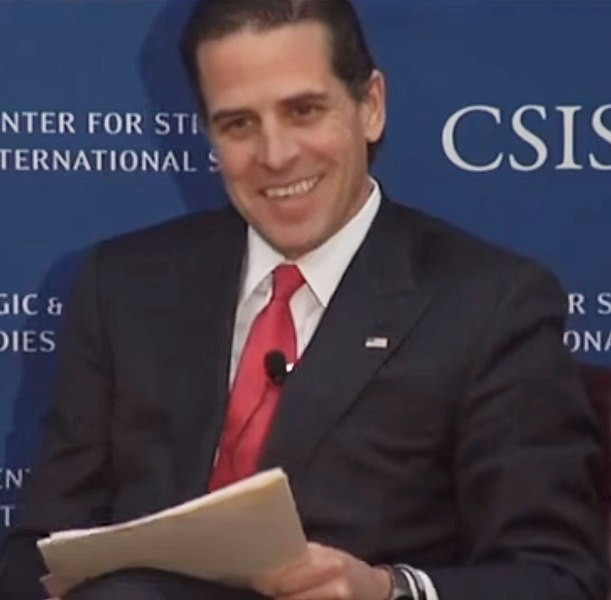In a recent development surrounding the controversial "laptop from hell," Hunter Biden, son of President Joe Biden, testified that he was "embarrassed" by the leaked content found on the said laptop. However, he also refuted claims that the infamous computer belonged to him, as reported by RadarOnline.com.
The saga began when John Paul Mac Isaac, a computer repair shop owner, claimed that Hunter Biden had dropped off his personal laptop at his Wilmington, Delaware shop in April 2019. Mac Isaac later sued Hunter for defamation after the latter publicly denied these allegations. In a countersuit, Hunter's legal team argued that Mac Isaac had illegally accessed, copied, and disseminated the laptop's content.
Hunter's deposition, which took place on June 29, revealed that he denied visiting Mac Isaac's shop on two separate occasions in April 2019. He also stated that he was "without knowledge" of his whereabouts on April 12, 2019, the day Mac Isaac alleged Hunter had dropped off the laptop.
Mac Isaac's recent filing in the Delaware Superior Court highlighted significant parts of Hunter's deposition. In it, Hunter admitted to being "embarrassed" by the material attributed to him from the laptop. He further argued that the publication of such private content would be "highly offensive to a reasonable person."
The laptop's content first made headlines in October 2020, just ahead of the presidential election, when material allegedly from the computer was leaked to the New York Post. Mac Isaac admitted to sharing the laptop's contents with Rudy Giuliani, then-advisor and personal lawyer to then-President Donald Trump, after Hunter failed to retrieve the laptop within the stipulated 90 days.
The FBI and several media outlets have since independently verified that the laptop likely belonged to Hunter Biden. However, the right of Mac Isaac to share the computer and its contents remains a point of contention. Adding another layer to the story, it's worth noting that Mac Isaac is legally blind, a fact that Hunter's legal team has used to question his credibility in the ongoing legal battle.
As the case continues, questions remain about the legitimacy of the laptop's content, the rights of individuals to privacy, and the implications of such leaks in the broader political landscape.





